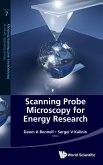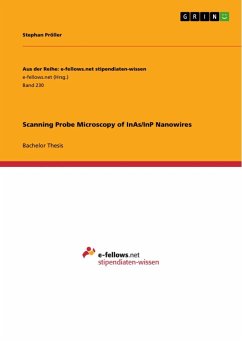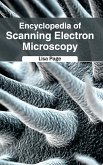Scanning Probe Microscopy is a comprehensive source of information for researchers, teachers, and graduate students about the rapidly expanding field of scanning probe theory. Writing in a tutorial style, the authors explain from scratch the theory behind today's simulation techniques and give examples of theoretical concepts through state-of-the-art simulations, including the means to compare these results with experimental data. The book provides the first comprehensive framework for electron transport theory with its various degrees of approximations, thus allowing extensive insight into the physics of scanning probes. Experimentalists will appreciate how the materials properties influence the instrument's operation, and theorists will understand how simulations can be directly compared to experimental data.
Key Features
Serves as a comprehensive source of information for researchers, teachers, and students about the theory underlying the rapidly expanding field of scanning probe microscopyProvides a framework for linking scanning probe theory and simulations with experimental dataWritten in the style of a textbook with step-by-step examples of how theoretical concepts are used to generate state-of-the-art simulations
Key Features
Serves as a comprehensive source of information for researchers, teachers, and students about the theory underlying the rapidly expanding field of scanning probe microscopyProvides a framework for linking scanning probe theory and simulations with experimental dataWritten in the style of a textbook with step-by-step examples of how theoretical concepts are used to generate state-of-the-art simulations








